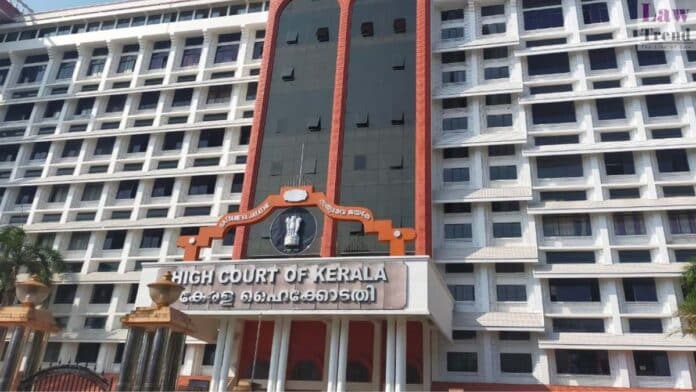The Kerala High Court has made a pivotal ruling, refusing to quash a case involving serious allegations of rape and offenses under the Protection of Children from Sexual Offences (POCSO) Act, despite pleas from the victim and her mother for dismissal. The decision emphasizes the court’s commitment to pursuing justice in cases where serious crimes are prima facie evident, regardless of subsequent retractions by the complainants.
The case centers around allegations against a dance teacher and his wife. The teacher was accused of exploiting his position to establish a sexual relationship with the victim, a minor at the time, under the guise of promising her opportunities in films and reality shows. Initially, the victim told police that the dance teacher engaged in sexual relations with her under the promise of marriage. The situation escalated when the dance teacher married another woman, and according to the victim’s earlier statements, his wife later encouraged the continuation of the illicit relationship.
However, in a significant turn of events in 2020, after reaching adulthood, the victim recanted her earlier accusations in a statement before a magistrate. She claimed that her initial accusations against the dance teacher and his wife were made under compulsion. Her mother, the de facto complainant who had originally filed the complaint, also withdrew her accusations and joined her daughter in seeking to quash the case.
Despite these retractions, the High Court ruled against dismissing the case, highlighting inconsistencies between the victim’s statements and the serious nature of the accusations. The court noted that the initial detailed allegations made under the POCSO Act and sections of the IPC relating to rape could not be ignored simply based on subsequent contradictory statements made before the magistrate.
Justice for the alleged minor victim was deemed paramount, and the court mandated the continuation of the trial. It instructed the accused to cooperate fully with the court proceedings and directed the trial court to expedite the trial, aiming to complete it within three months from the receipt of the order.




